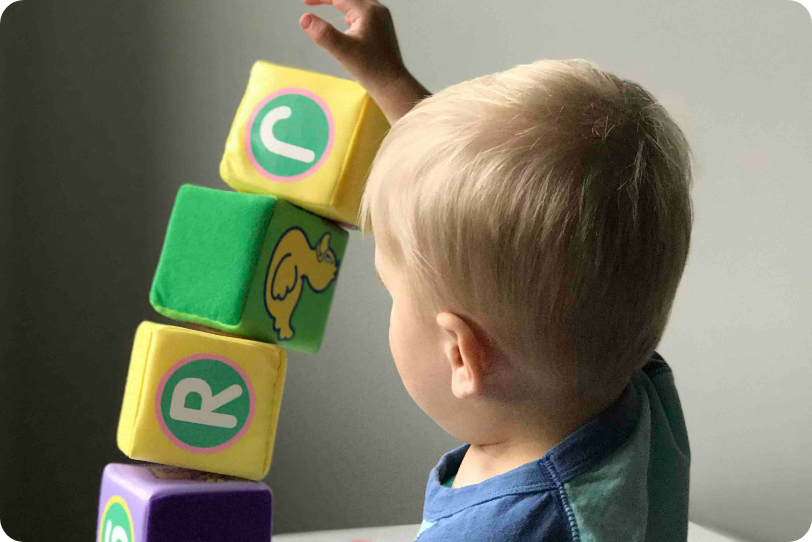
Children are often the unseen victims of domestic abuse. This can be during the relationship and after separation. Your abuser may directly target your children, as well as your parenting. Children living with domestic abuse quickly learn that discussing it is unacceptable and may be dangerous.
They face trauma from witnessing or hearing the abuse and might be physically assaulted directly or while trying to protect a parent or sibling. Consequently, they often grow up with a pervasive sense of fear. Children often witness or overhear what is happening in the home and may not discuss it. Recognising this and being able to ask for help is important. Talk to us for support.
